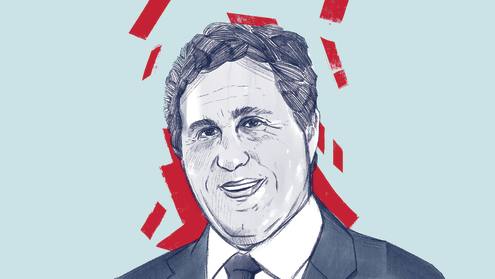Álvaro García Linera, vice-president of Bolivia, is in a relaxed mood at the Bolivian Embassy in London's Eaton Square, having just delivered a hopeful and thoughtful lecture in exquisite Spanish at the London School of Economics. It attracted, among others, a throng of Bolivian students happy to hear a leader with some good news at last from their homeland, traditionally a fount of negative reporting.
No student of Latin America two decades ago could possibly have forecast the situation in Bolivia in 2010, so dire was the mismanagement in the country. Yet today, its government has received approving words from the International Monetary Fund. Not only does the country have a welcome budget surplus - 1.1% in the first half of 2010 - which gives the government of president Evo Morales cash for $2.2bn-worth of public sector projects this year, something that no former Bolivian leader could have dreamed of, but the trade surplus has given the country a store of foreign currency no one could have expected. With vast new energy and other exports it rose from a low point of $854m in 2002 to $8.9bn in September this year. Deposits by the public in the financial system have risen at a similar pace.











